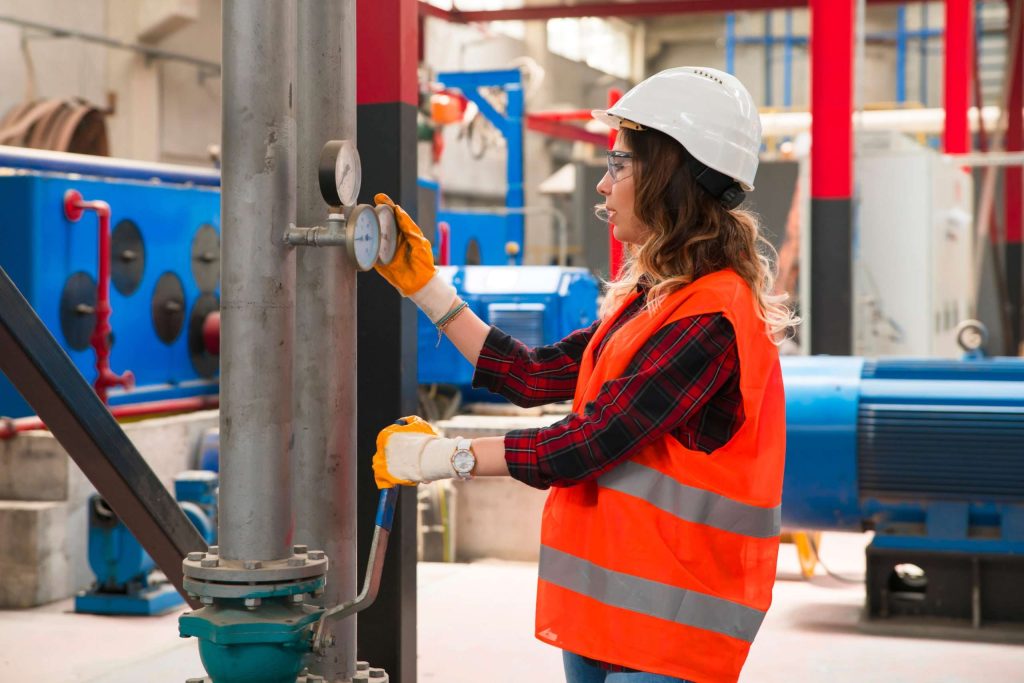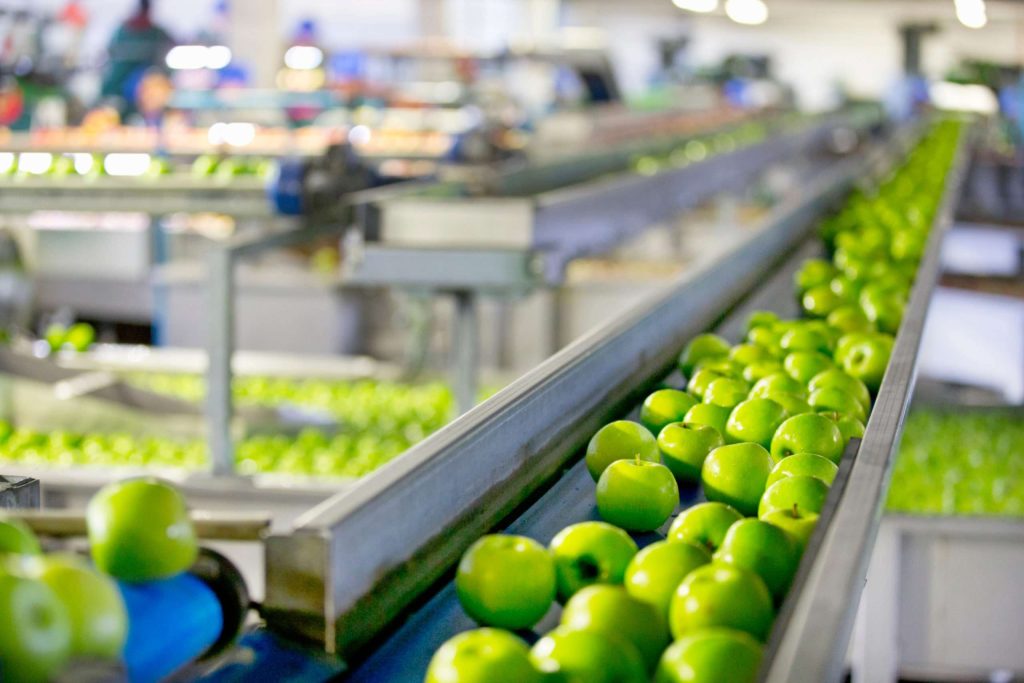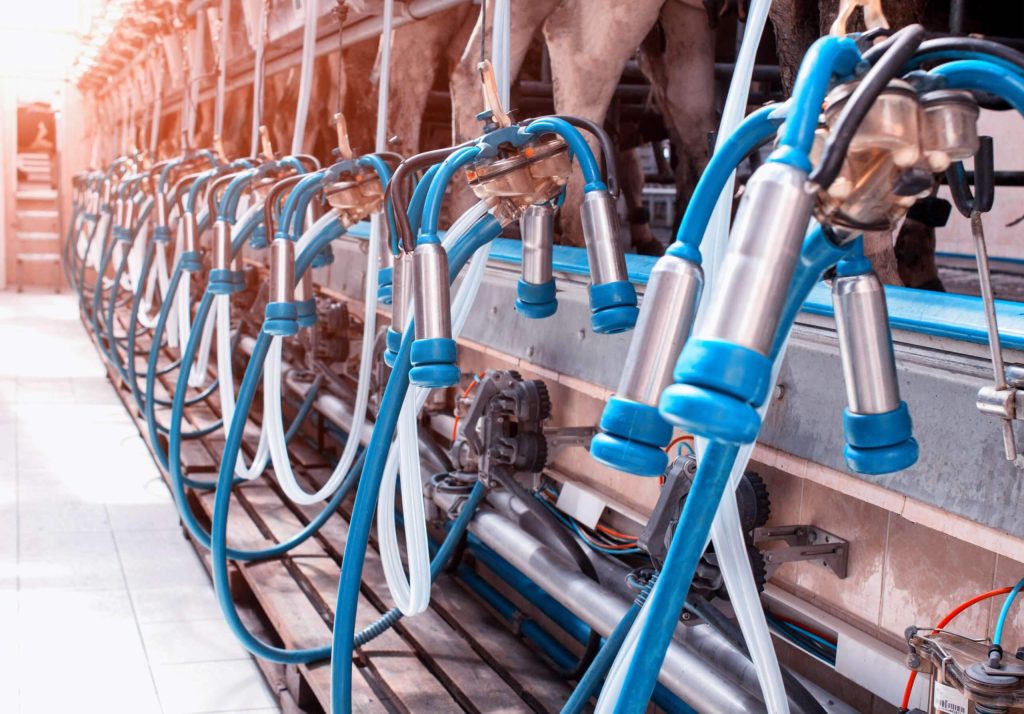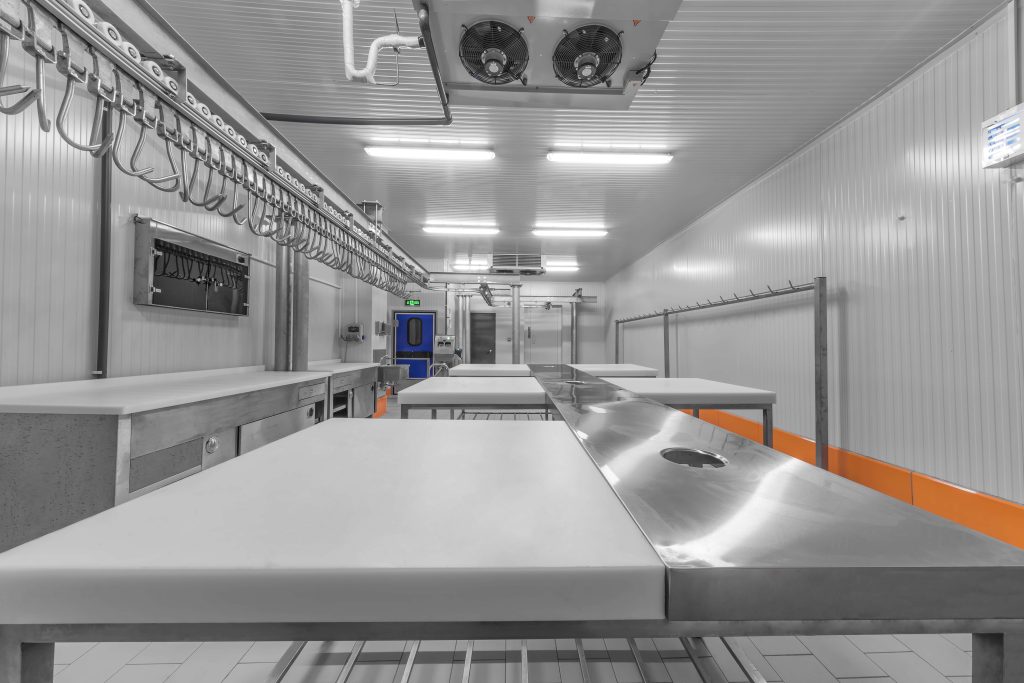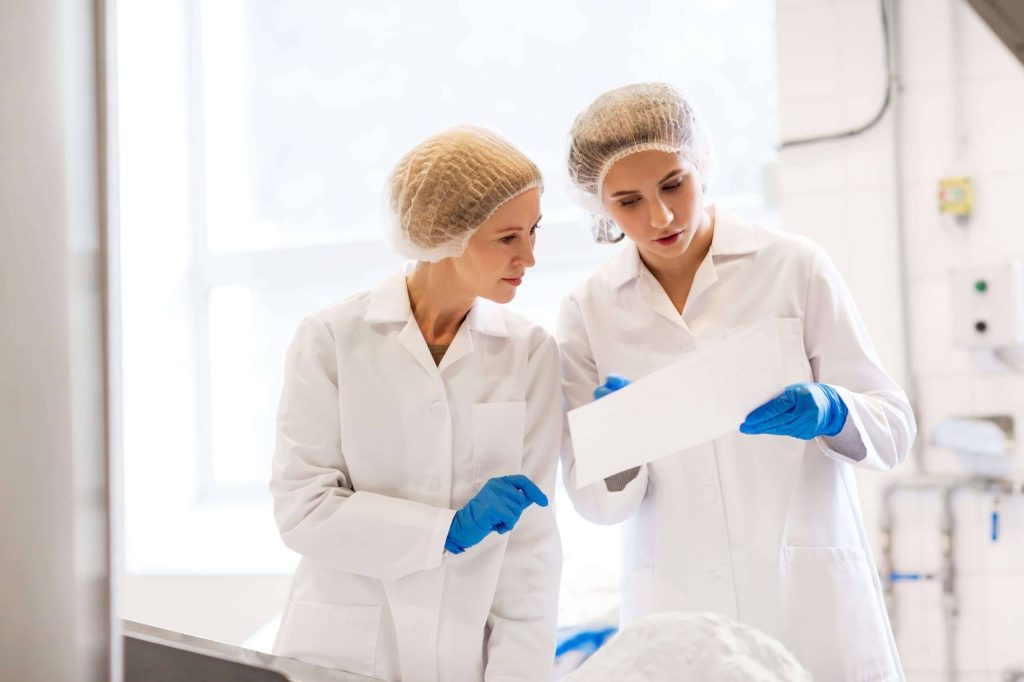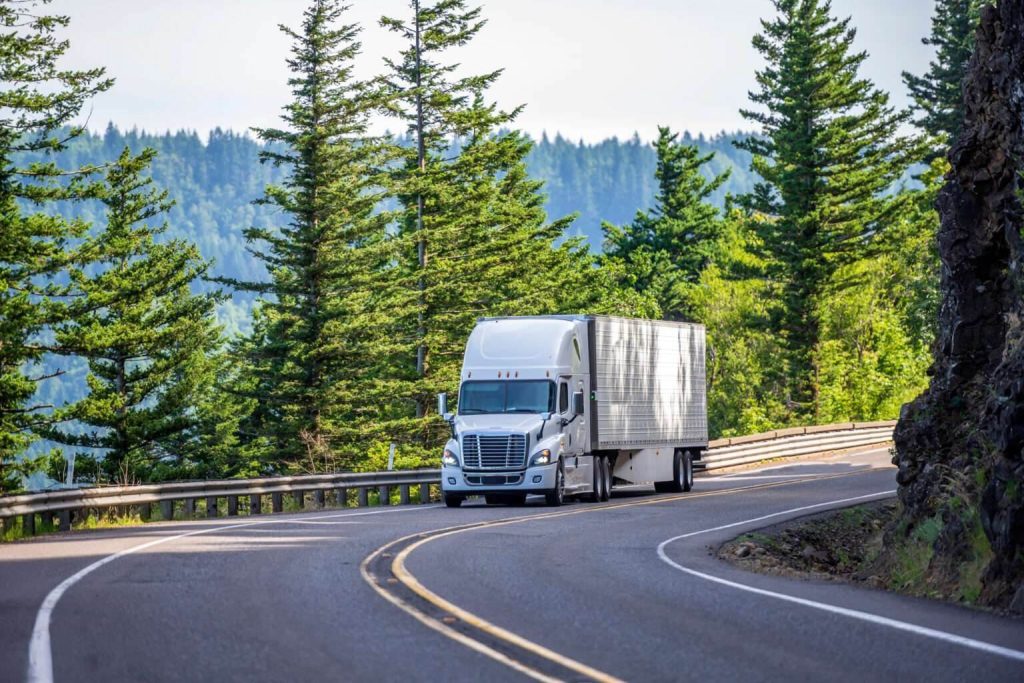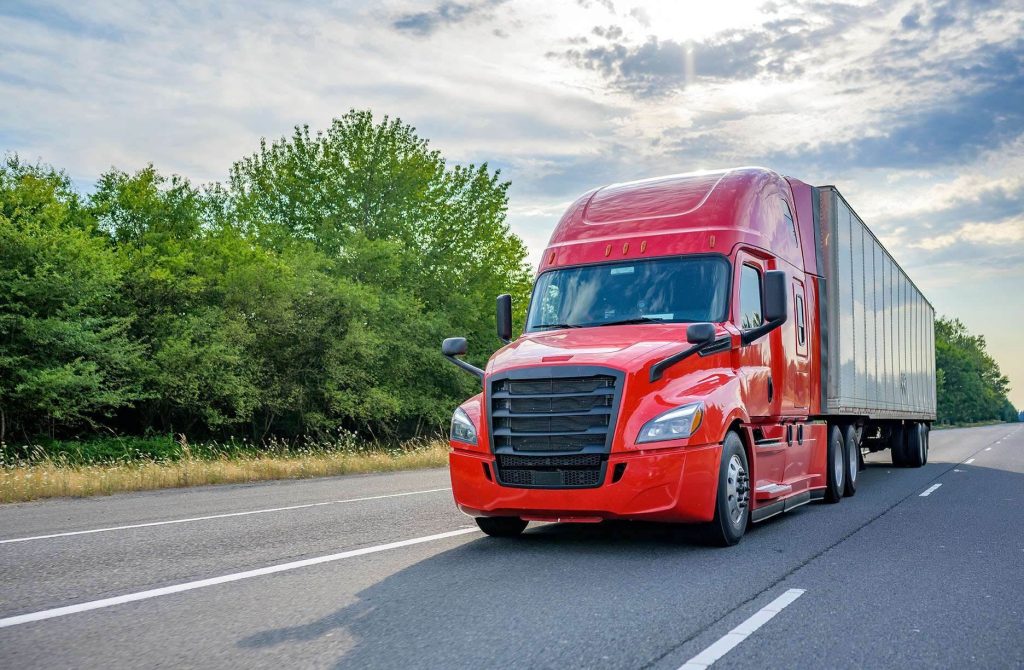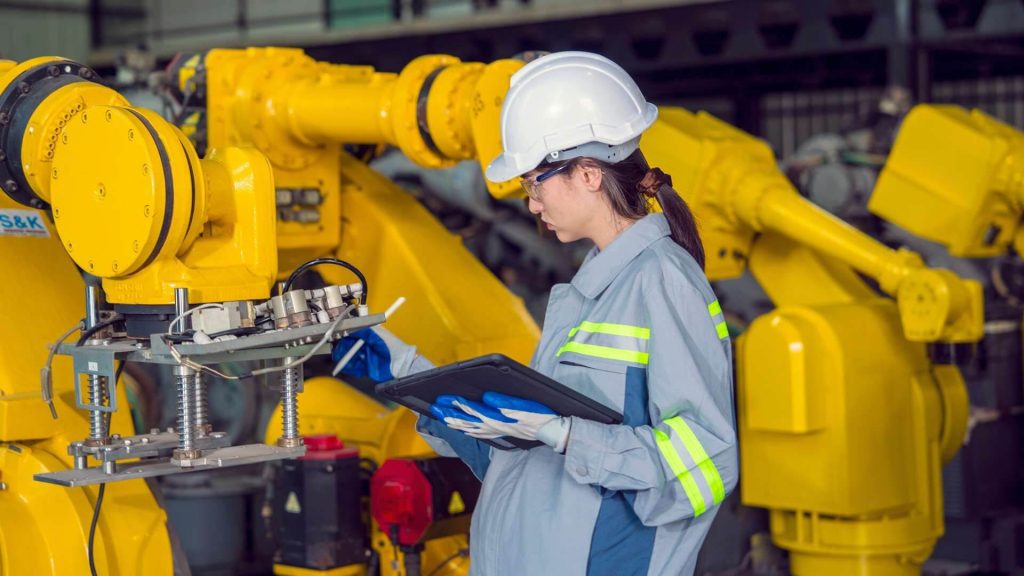Chief Investigators
Prof. Abhijit Date (RMIT)
Purpose of project
Heating operations such as rendering/cooking, drying, sterilisation and cleaning, play an important role in the meat processing industry and in the wider food industry. However, traditional energy sources such as fossil fuels are still being used to generate steam for these processes. Lack of knowledge has been a long-time barrier that is impacting trust in renewable process heat technologies. There is a need to improve existing heat generation and distribution methods, one of which is Mechanical Vapour Recompression (MVR) – a solution where waste steam from cookers is recompressed and reused in the process. Current literature does not cover all aspects of MVR so the project will conduct research that will fill in the gaps. The outcomes of the project could potentially lead to reduced energy bills and carbon emissions from businesses.
Findings
- The study builds on a detailed analysis of the key heating processes in the rendering industry using a custom thermodynamic model to make recommendations regarding appropriate integration of MVR and/or heat pump systems that could meet the heating demands, as well as how these systems could be integrated with existing machinery.
- The proposed modifications to the existing processes have been analysed with respect to economic and environmental impacts, which provides the foundations for future pilot demonstrations.
- Existing heat recovery does a good job of recovering and further utilising heat, so any heat pump or MVR system would replace these existing waste heat recovery solutions.
- The most promising option for integrating MVR/ heat pumps is the indirect recovery of heat in the vapour from the cooker and meat driers, rather than a direct MVR system, due to the inclusion of air, volatile organic compounds and other contaminants such as fats and oils. This heat can then be upgraded via a heat pump and used to evaporate the condensate recovered from the steam heating system. Due to the temperature limitations of currently available heat pump technology, this evaporation must occur at a lower pressure than is required by a typical rendering process. The low-pressure vapour would then be compressed by a steam compressor train and delivered to the start of the process.
Impact of project
The heat pump and MVR integrations suggested in this report would reduce the total input energy demand of the process to 31% of the equivalent direct electric boiler in the case of dry rendering and 55% in the case of wet rendering, substantially reducing the operating cost of an electric boiler. This would reduce the peak electricity demand of the site from the new electric boiler load.
Greenhouse gas emissions reductions are linked to the greenhouse intensity of the electricity used, so as the proportion of electricity sourced from renewables increases, the greenhouse gas savings compared to a gas fired boiler will increase.
Project partners – industry and research
RMIT (Lead), Australian Alliance for Energy Productivity (A2EP), Australian Meat Processor Corporation (AMPC), Pinches Group
Industry Reference Group members
JBS Australia, O’Connor Australia, Queensland University of Technology (QUT)
Workshop recording
Published Report
Status
- Completed
Project Leaders
- Abhijit Date, RMIT
Completion Date
February 2024
Project Code
0422




